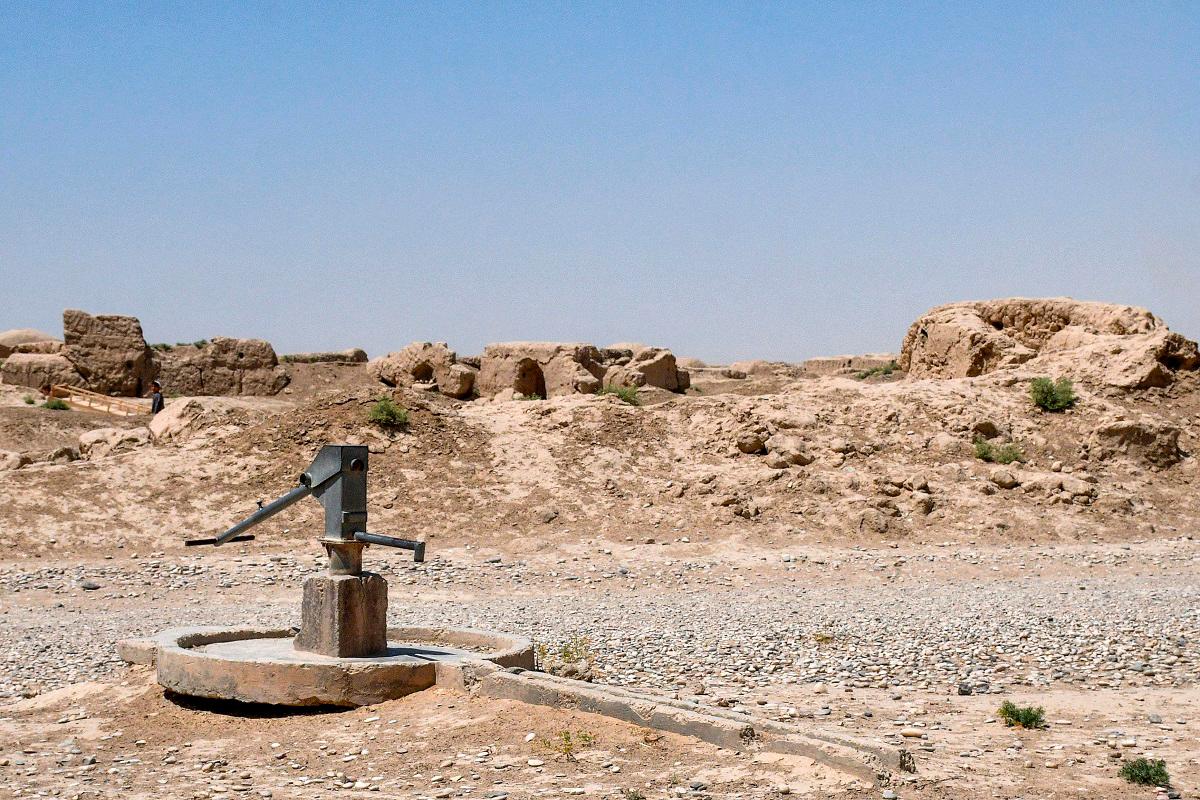FARYAB: Over four decades of war left Afghanistan with limited control over five major river basins flowing into neighbouring nations.
The Taliban’s rise to power has seen them assert water sovereignty by launching infrastructure projects to harness scarce resources.
Dams and canals have heightened tensions with downstream states, complicating the Taliban’s efforts to build regional ties amid global isolation.
Climate change is worsening water scarcity, with rising temperatures and shifting precipitation threatening glaciers that feed Afghanistan’s rivers.
Afghanistan is emerging as a key player in negotiations over the Amu Darya, a vital river for Central Asia’s agriculture.
The Qosh Tepa canal project could divert 21 percent of the Amu Darya’s flow, alarming Uzbekistan, Turkmenistan, and Kazakhstan.
“No matter how friendly the tone is now, at some point there will be consequences for Uzbekistan and Turkmenistan when the canal starts operating,“ warned water governance expert Mohd Faizee.
Taliban officials deny major impacts on the Amu Darya, claiming the project will boost food security in drought-hit regions.
“There is an abundance of water, especially when the Amu Darya floods and glacial meltwater flows into it,“ said project manager Sayed Zabihullah Miri.
Iran, Afghanistan’s only treaty-bound neighbour over the Helmand River, faces tensions due to upstream dam projects.
Droughts and climate shocks have intensified disputes, with Iran accusing Afghanistan of restricting water flow.
The Taliban argue climate pressures and poor water management have left Afghanistan short of its fair share.
No formal agreement exists over the Harirud River, shared with Iran and Turkmenistan, though infrastructure projects may expand post-conflict.
“The end of conflict means infrastructure works don’t incur vast security costs,“ noted Faizee.
Afghanistan and Pakistan lack formal water-sharing mechanisms despite shared basins feeding the Kabul and Indus rivers.
The Taliban’s push for water projects risks fresh tensions with Pakistan but faces funding and technical hurdles.
Delays in infrastructure development may buy time for diplomacy but prolong hardship for ordinary Afghans. - AFP









